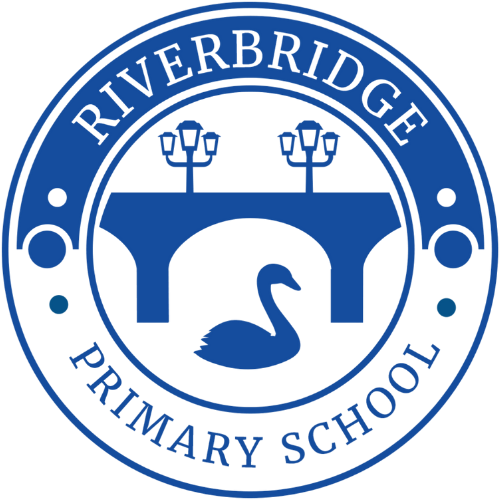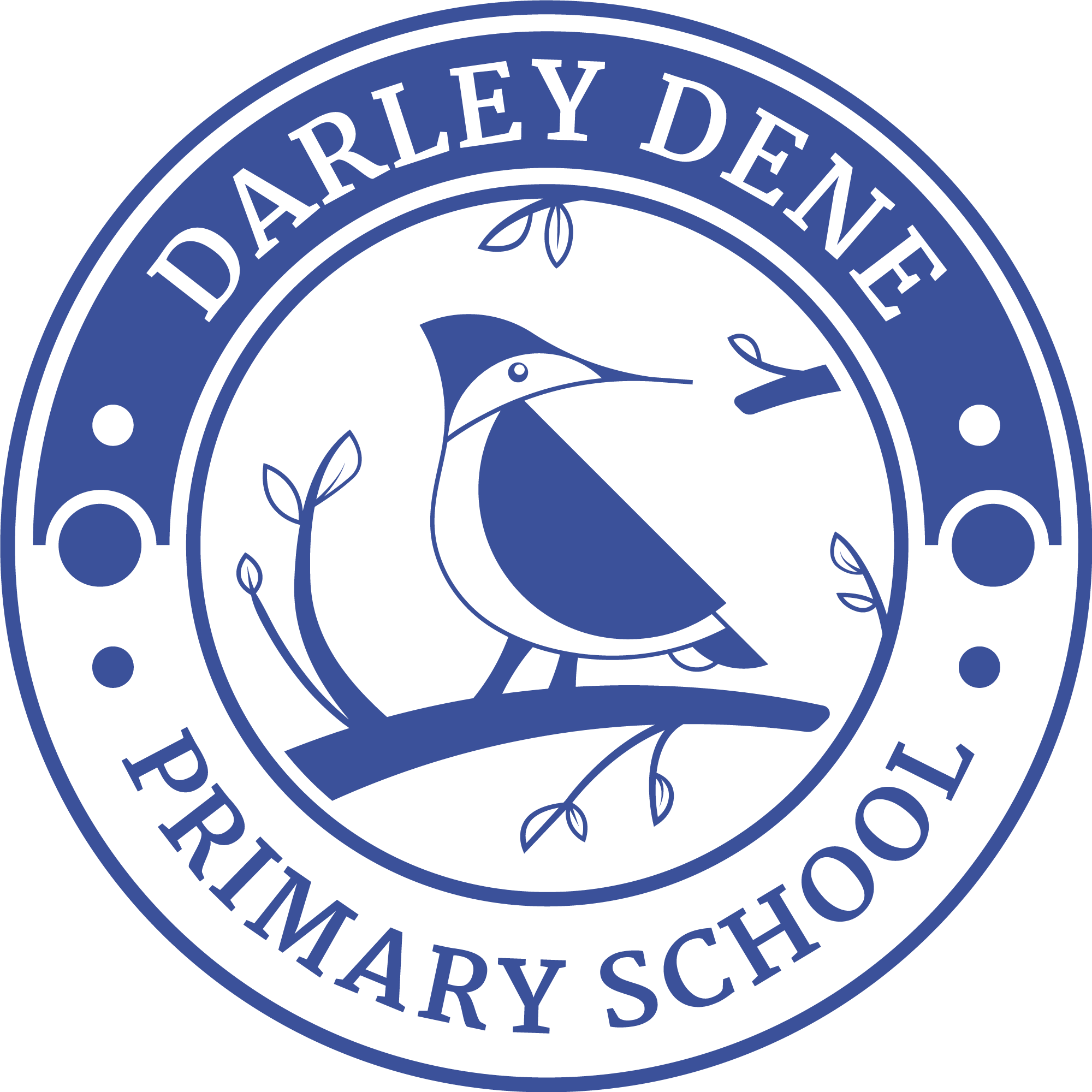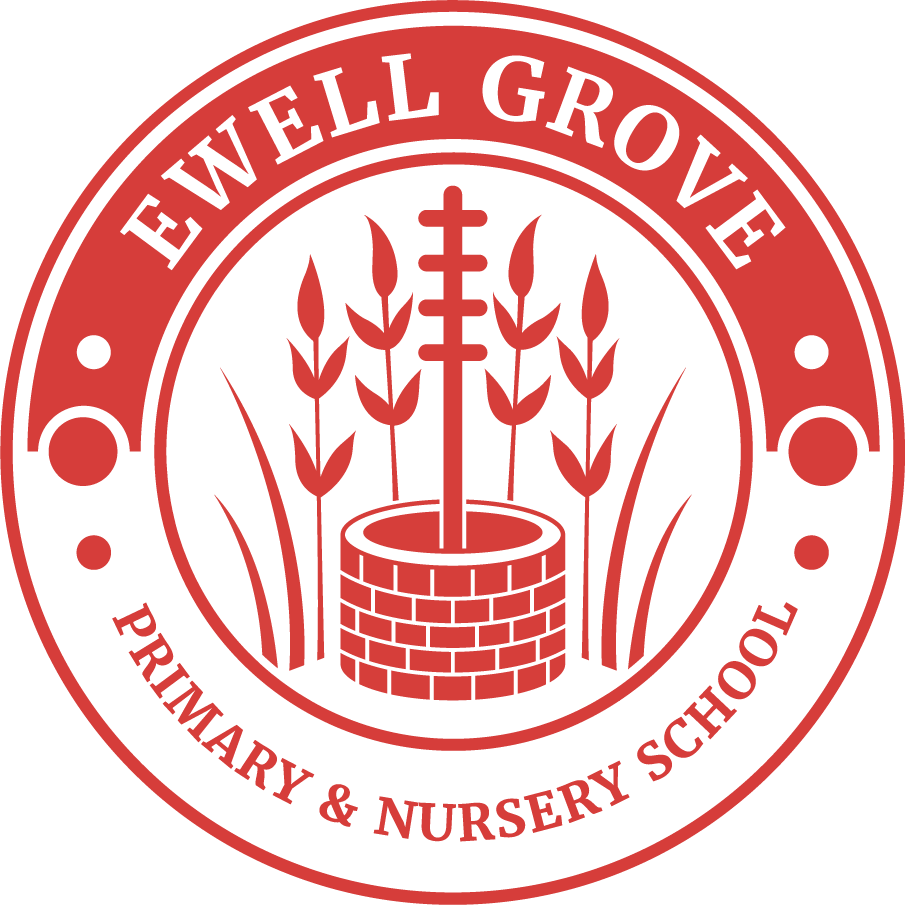Additional Support for Children

Where possible we aim to meet the needs of all the children through the Ordinary Available Provision that all children have access to. Our aim is to enable the children to become independent, confident learners and we will provide extra support to facilitate this when required, equally ensuring this does not become burdensome for your child.
When adjustments to provision are required to enable your child to make progress, it is planned for, carried out and reviewed regularly.
The information below and in the attached documents details how the school supports children with Special Educational Needs and Disabilities.
Please click this link to access the Surrey Local Offer website








